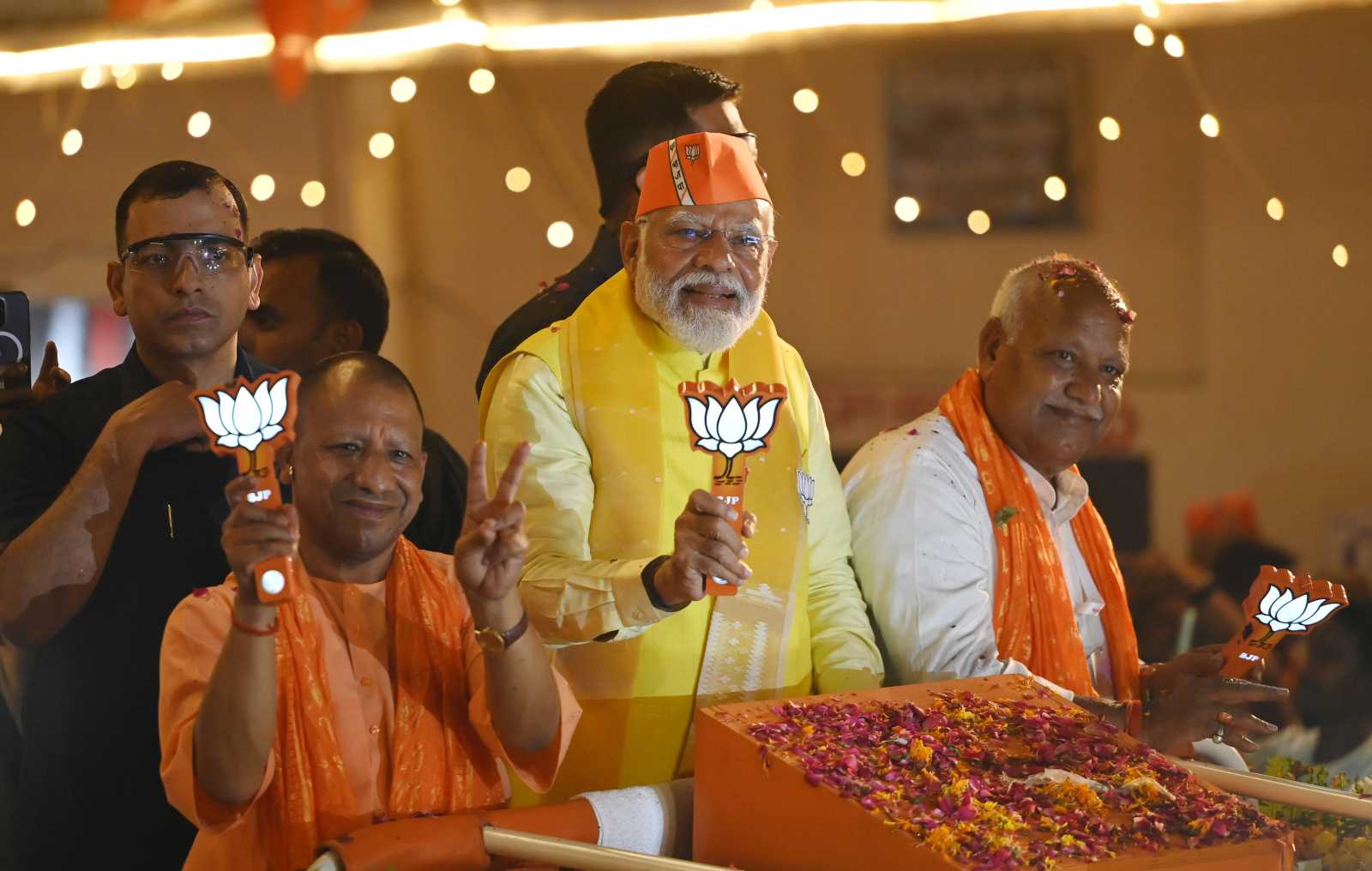Paying attention to the people
Development is about change; religion is about eternal truth. Makers of development policy resort to reason-based academic disciplines, such as economics, sociology or political science; spiritual leaders refer to holy scriptures, interpreting anew those often puzzlingly contradictory verses. Planners – whether in government or business – eventually want to see results; God is invisible, to be experienced by believers only.
That said, development and faith are not beyond reconciliation. All major belief-systems emphasise peace and understanding, which are necessary for development to succeed. Christianity and Islam, moreover, stress human equality, and express concern for the poor. Rational ideas of progress thus conincide with some religious values. Sadly, that is not always so. In pure medical terms, it is important to stop the spread of HIV/Aids. But many religious leaders find extramarital sex and even contraception unaccaptable, and therefore will not condone the use of condoms.
Alas, there are even darker issues. In spite of Islam’s emphasis on peace, Jihadists claim to be waging a holy war – in Afghanistan, in Iraq, in Chechenya, in terror attacks. Not all, but some Evangelical Christians, particularly in the USA, fall for that rhetoric, and are ready to retaliate. To enlightened minds, their longing for armageddon – or at least shock-and-awe crusades – seems frightfully similar to Al Kaida’s violent zeal.
Such brutal fanaticism is unacceptable, and there is indeed a need for a dividing line between government matters and religious affairs. The priniciple of secularism was inventend in Europe after the terrifying experience of widespread bloodshed. In the course of reformation, trying to impose different varieties of Christianity on one another had led to civil war, murder and extreme suffering. One lesson, including for true believers, was that religious ideology is at risk of being perverted into blood-drenched terror, if dogmatically enforced in worldy affairs. In this sense, political secularism does not express contempt for religion. Rather, secularism was originally about protecting the faith from being corrupted.
Sadly, religions too often lend themselves to irresponsible identity politics, with leaders from one community agitating against other communities, often minorities. Consider South Asia. The partition of British India followed a non-violent independence struggle, and resulted in riots during which some 500,000 died, and several million lost their homes. The vicitms were Hindus as well as Muslims. Communal violence, as it is called, still flares up occasionally. It would be nonesense to try to find the causes in holy scriptures. The real reason is reckless power politics.
Religions can be abused for such power purposes, because they give hope to billions of people, whose worldview they shape. This is true of many poor and particularly strife-torn countries. Whoever wants to promote change in these societies, is well advised to pay attention to the believes people hold. Otherwise, it does not makes sense to even speak of participation, democracy or local ownership.
Faith-based development agencies can be helpful. Many are quite professional and successful. Sadly, however, some of Europe’s big church-sponsored agencies have grown so secular in their approach, that they themselves find it hard to deal with Evangelical fundamentalism, rigid Catholic doctrines or even norms of other religions.













